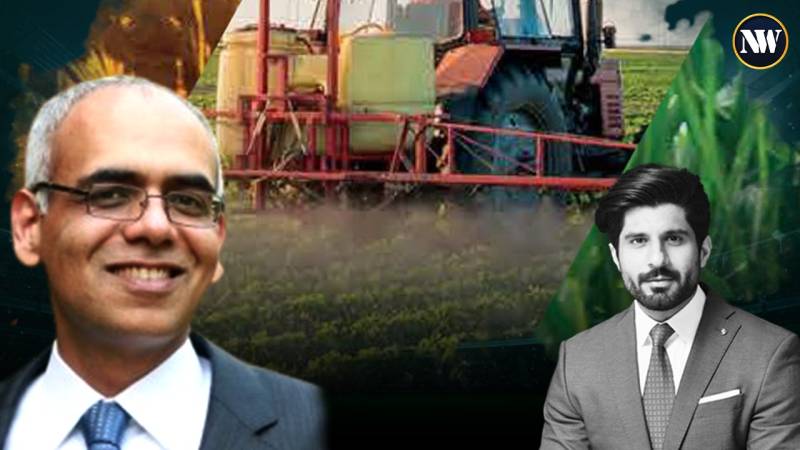In a recent conversation with a seasoned expert on development, poverty, and power dynamics in Pakistan, an insightful exploration unfolded, shedding light on the intricacies surrounding the country's agricultural sector. In his book, "Development Poverty and Power in Pakistan," Syed Muhammad Ali, a development anthropologist, delves into the political economy of Pakistan's agriculture. He draws from extensive research and fieldwork and provides a nuanced perspective on corporate farming, land reforms, and the broader economic landscape.
The discourse commenced with a critical examination of corporate farming, a strategy often lauded for its potential to enhance agricultural efficiency. However, Muhammad Ali's insights unveiled a considerable disparity between the success narrative associated with corporate farms and the on-ground reality experienced by the rural workforce. Despite the incorporation of advanced technologies, irrigation systems, and international export ventures, the benefits failed to reach the grassroots level, exposing a notable gap in the intended poverty reduction strategy.
Transitioning into the challenges of land reforms and ongoing efforts in digitizing land records, Muhammad Ali underscored the significance of a comprehensive approach. The digitization process, while a step forward, was deemed insufficient in addressing deep-rooted issues within the system. Fabrication, creative accounting, and the socio-economic dynamics contributing to corruption emerged as persistent obstacles.
The conversation expanded to encompass the urbanization trends witnessed in Pakistan, particularly the unregulated growth of housing colonies encroaching on cultivable land. Muhammad Ali emphasized the environmental and economic repercussions of this urban sprawl, advocating for a shift from vertical to horizontal expansion in urban planning. This shift is crucial not only to mitigate evictions but also to reduce the cost of transporting produce to urban centers.
Broader economic considerations were also brought into focus, particularly the challenges stemming from the finite nature of resources. The discussion delved into the rising prominence of real estate, with significant investments from the military and other stakeholders. The lack of thoughtful urban planning and the need for an approach that considers social impact and inclusivity were highlighted.
Touching on the role of climate finance in addressing environmental concerns, Muhammad Ali expressed reservations about how these resources would be integrated into Pakistan's political economy. The alignment of market mechanisms with the elite economy and the challenges associated with a top-down approach were underscored. The conversation concluded with a call for reflexivity and a broader perspective, acknowledging the complexities of the global political economy and the necessity of a comprehensive, inclusive approach to sustainable development in Pakistan.

